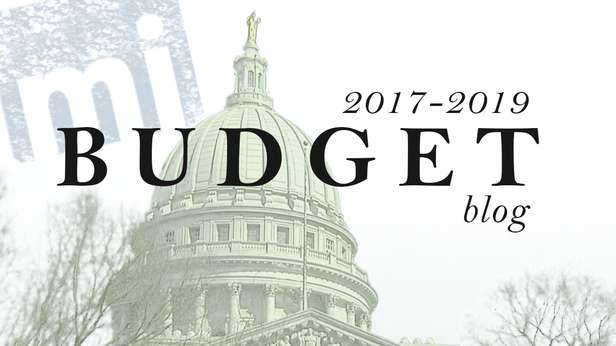
Not all Republican lawmakers in Wisconsin want to see the forestry tax go away, even though it would save property taxpayers $180.5 million over the next biennium – and keeping it could mean an overall increase in property taxes.
“Right now there are very passionate views on both sides,” Senator Alberta Darling told reporters on Tuesday.
Gov. Walker wants to eliminate the tax, which is the last remaining portion of the state property tax. However, Joint Committee on Finance Co-Chairs, Senator Darling and Representative John Nygren, said there is division in their caucuses whether or not to do that.
“I think there’s some in our caucus that have concerns about the funding that the mill tax – things it funds with forestry – especially when you get into more rural parts of the state, but we also know it’s been a little bit of a slush fund,” Nygren said.
Nygren said he agrees with the governor on eliminating the tax. Darling said lower property taxes is a shared priority between the governor and legislature, but was less committal about where she stands on the issue.
“I think if you ask the regular person, what’s the most onerous tax? They’d say the property tax,” Darling said. “So that’s why we have it as a priority, and why it’s going to be a big issue of whether to accept the governor’s proposal on the forestry mill tax, or to have an alternative.”
According to the governor’s budget proposal, eliminating the forestry tax will save the median value homeowner $27 a year.
A Legislative Fiscal Bureau analysis shows, altogether, the governor’s budget will save the median value homeowner $20 the first year and $1 the second year. That means if the forestry tax is kept in place, the median value homeowner could see an increase of $7 the first year and $26 the second year.
The last time property taxes increased was in 2015, when the “typical” homeowner went from paying $2,833 to $2,850. That’s still over $400 less from the trajectory under Governor Doyle, according to the Walker administration. They’re currently at $2,824.
In any case, going from a proposed decrease this year to a possible increase in property taxes is probably not something the governor wants to see in this budget.
But, as Sen. Darling put it, “It’s being debated so stay tuned.”